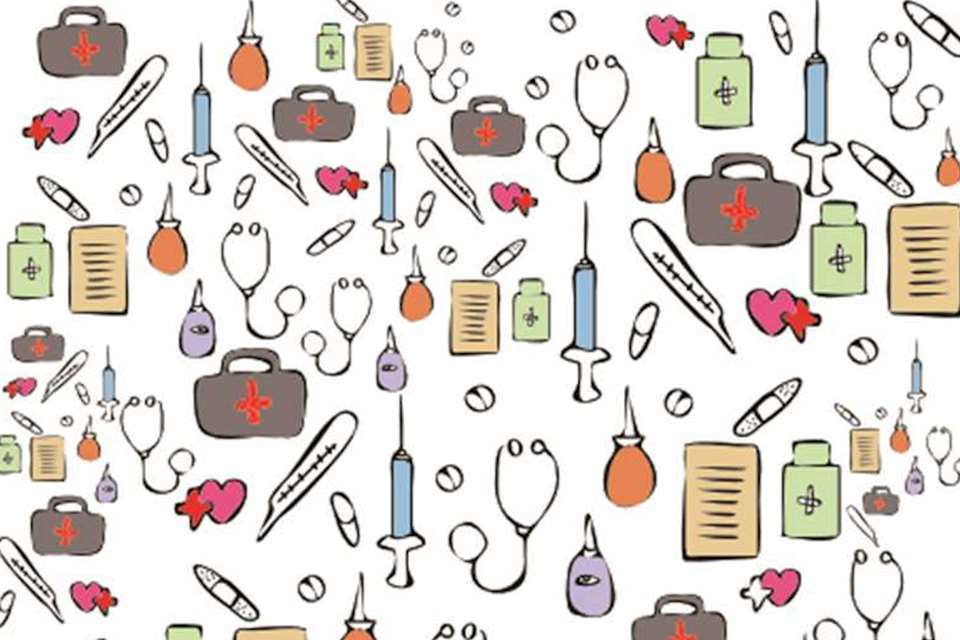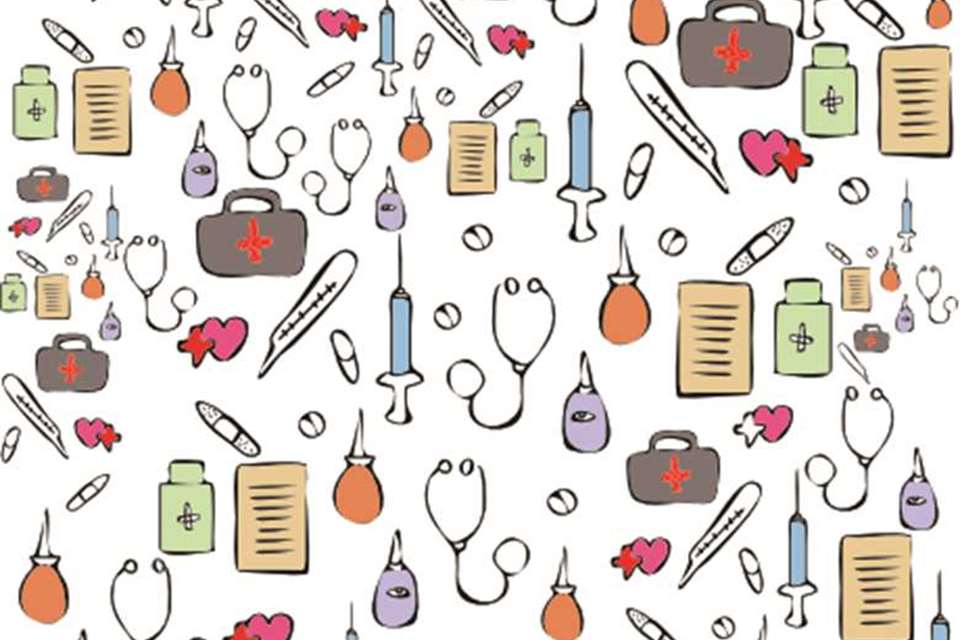An essential guide to febrile seizures
Meredith Jones Russell
Tuesday, February 2, 2021
What are these fits, what causes them, what are the symptoms, and how should children having a febrile seizure be helped? Meredith Jones Russell explains

Febrile seizures, or febrile convulsions, are fits that can happen when a child has a fever. They most often happen between the ages of six months and three years.
WHAT CAUSES FEBRILE SEIZURES?
The cause of febrile seizures is unknown, although they are linked to the start of a fever, most often caused by an infection such as chickenpox, flu, a middle-ear infection or tonsillitis.
There may also be a genetic link, as the chances of having a seizure are increased if a close family member has a history of them.
In very rare cases, febrile seizures can happen after a child has a vaccination.
WHAT ARE THE SYMPTOMS?
A febrile seizure usually lasts for less than five minutes, during which a child will:
- become stiff and their arms and legs may begin to twitch
- lose consciousness and may wet or soil themselves.
They may also be sick and foam at the mouth, and their eyes may roll back.
After the seizure, a child may be sleepy for up to an hour. A straightforward febrile seizure like this will happen only once during a child’s illness.
Occasionally, febrile seizures can last longer than 15 minutes and symptoms may affect only one area of a child’s body. These are known as complex febrile seizures, and sometimes happen again within 24 hours or during the period in which the child is ill.
HOW TO HELP
If a child is having a febrile seizure, place them in the recovery position – a video of how to place someone in the recovery position is at: www.nhs.uk/conditions/first-aid/recovery-position.
- Stay with the child and try to make a note of:
- how long the seizure lasted
- what happened, such as their body stiffening; twitching of the face, arms and legs; staring; and loss of consciousness
- whether the child recovered within an hour
- whether they have had a seizure before.
Do not put anything into the child’s mouth during a seizure – including medicine – as there is a chance they might bite their tongue.
Take the child to the nearest hospital or call 999 and ask for an ambulance if:
- the child is having a seizure for the first time
- the seizure lasts longer than five minutes and shows no signs of stopping
- you suspect the seizure is caused by another serious illness such as meningitis
- the child is having breathing difficulties.
If the child has had febrile seizures before and the seizure lasts for less than five minutes, call a GP, use NHS 111 or call 111 for advice.
Adapted from the NHS website, www.nhs.uk/conditions/febrile-seizures
Download Now







